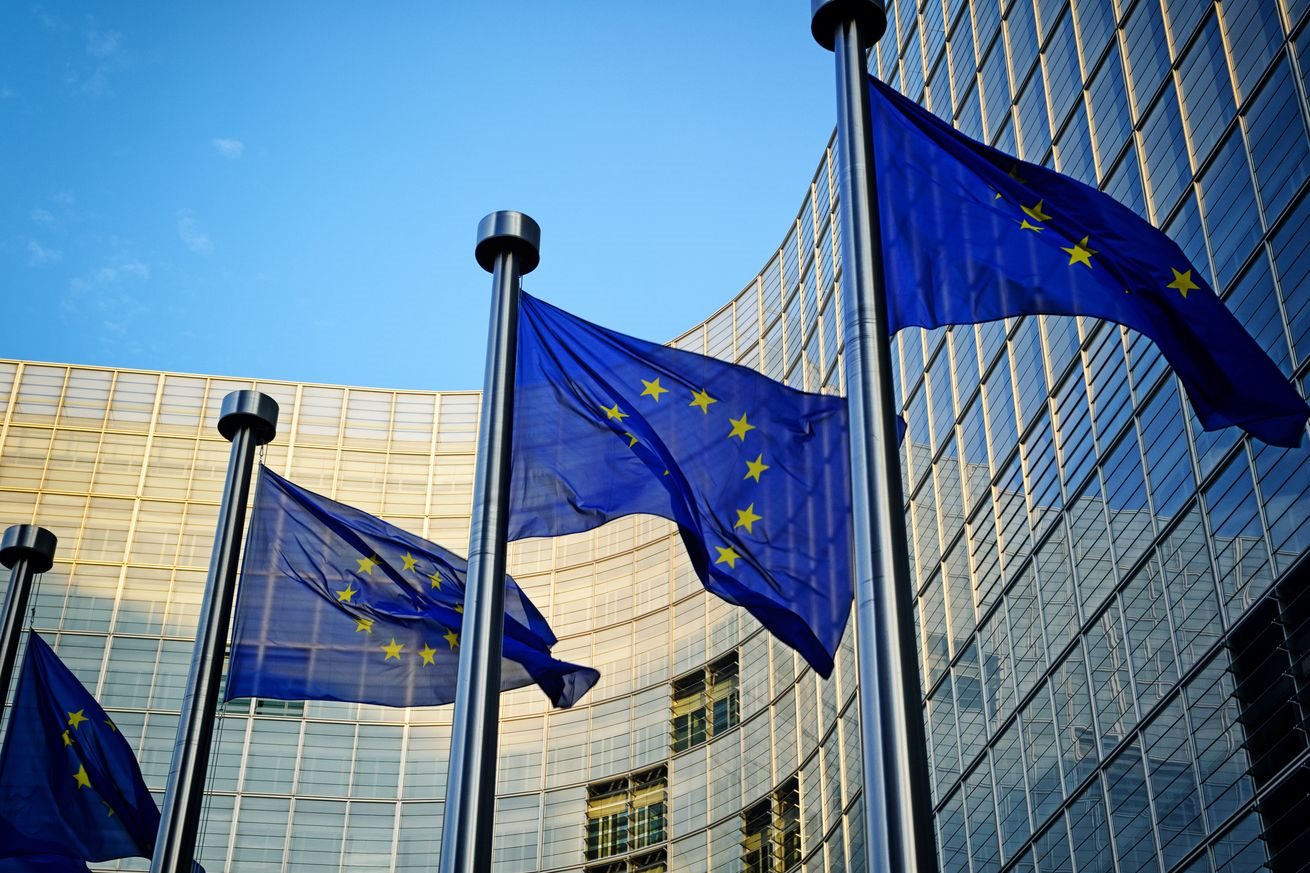
The Institute for Government (IfG) has today released the latest in its series of Brexit comment and analysis briefings – focusing on Aviation and what Brexit means for the UK’s future access to the EU’s Single Aviation Market.
The briefing gives a background to the European Common Aviation Area (ECAA) and details the 9 freedoms of the air that have underpinned the growth and success of the EU’s liberalised air travel sector. It also references how this internal market has seen not only an increase in the choice of routes and offerings available to passengers, but also facilitated the growth or airlines themselves, and at the same time a significant reduction in fares for consumers by around a third.
In addition, the briefing sets out some of the main options available for the UK in a post-Brexit world:
- The UK can seek to negotiate ascension to the ECAA’s existing frameworks.
- Agree a new bilateral deal with the EU modelled on one which exists for Switzerland
- Strike a separate ‘open skies’ style deal with the EU
- Seek to negotiate separately with each individual nation for air travel access rights.
- Fall back on original aviation agreements in place before the development of the Single Aviation Market started to take shape back in the 1970’s.
As the briefing also notes, if the UK left the EASA safety regulatory structure in which European airlines operate, this would impact on the UK CAA’s budget and workload. In addition, this would still not provide a guarantee for industry that international regulators would accept the UK’s own regulations.
For ADS, this is an important area of consideration for the next phase of detailed Brexit negotiations. Agreeing with the EU that the UK should remain part of the EASA system allows UK airlines and UK aerospace businesses the certainty they need that the safety rules and regulations which they must abide by, will not change dramatically.
Whatever type of air services agreement the UK and EU negotiate post-Brexit, as outlined by the IfG’s briefing paper, it must be done to ensure the maximum level of access for air transport operators, the maximum level of continuity of safety regulations for businesses, and the maximum levels of choice and availability for passengers – not just in the UK, but across Europe.





